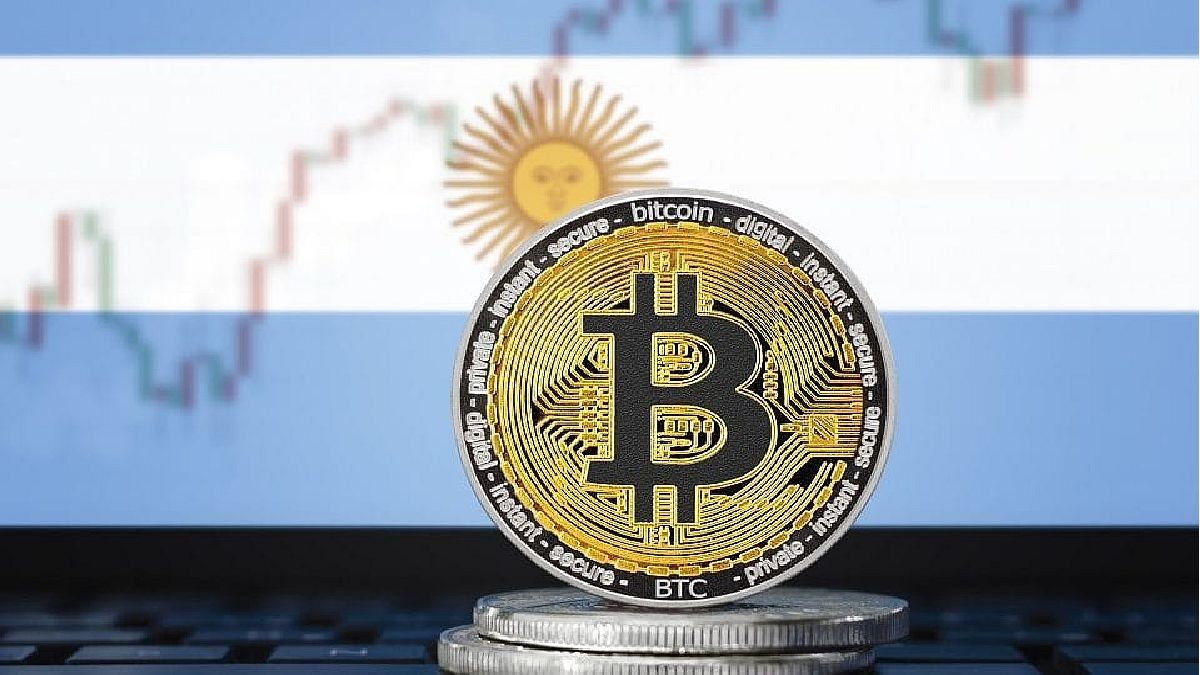The president of NGO Bitcoin Argentina, Ricardo Mihurapresented the project of “Bitcoin Law”. This proposal was prepared by the civil association with the objective of providing a legal framework for operations with bitcoin (BTC) and crypto assets in the country, within the framework of LABITCONF 2023.
The proposal has two purposes. The first is “preserve decentralization and disintermediation” as a tool for privacy and asset protection, inclusion and financial development of people and companies, the project noted.
Ultimately, it seeks “not to stifle the potential of decentralized technologies,” the document highlighted.
The second purpose is to protect the public savings of investors and users, which allows them to operate in an orderly, transparent and safe environment, with “sufficient information and clear rules of responsibility and access to justice.”
In Mihura’s opinion, the NGO cannot ignore the number of actors and “dishonest” projects that circulate in the world of cryptocurrencies, he explained during his conference.
The bill states that it “protects the property and rights over all crypto assets”, and in turn contemplates three categories of service provision platforms with these digital assets.
WhatsApp Image 2023-11-12 at 1.44.48 PM.jpeg
Bitcoin: how service providers are defined
The first category is the decentralized platforms. In this, bitcoin and the “decentralized” categories are outside the regulatory competence of the application authority. They are considered currency without legal tender and the right to operate with them freely and develop them is recognized. The responsibility for operating with cryptoassets and decentralized platforms lies exclusively with its users.
The second category is the call “with licence”. These are subject to rules of qualification requirements and administrative supervision. They will have the possibility of accessing the banking system.
Third and last is the category of “centralized without a license.” These platforms will be allowed to operate freely, but they are “disincentivized by making all those who operate or promote the platform, as well as its administrators, jointly responsible for their risks.”
The president of the Argentine NGO acknowledged that they had “always” rejected attempts to regulate cryptocurrencies, but this time they stood up “the goal is to give a positive response”he added.
Presentation LeyBTC.docx

Source: Ambito
I am a 24-year-old writer and journalist who has been working in the news industry for the past two years. I write primarily about market news, so if you’re looking for insights into what’s going on in the stock market or economic indicators, you’ve come to the right place. I also dabble in writing articles on lifestyle trends and pop culture news.




